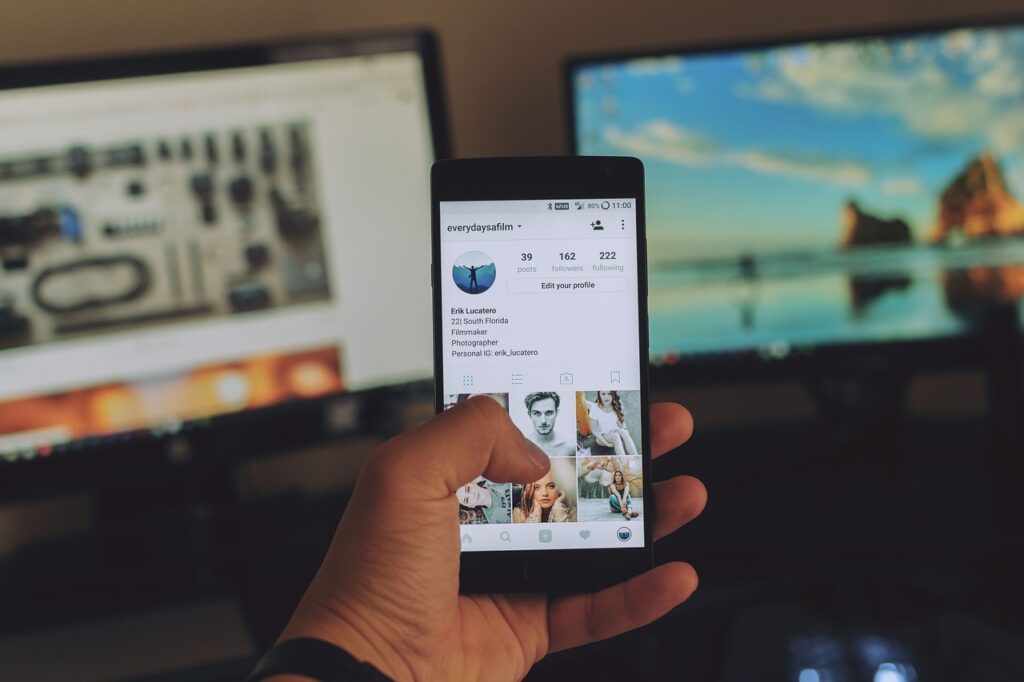The rise of social media has brought about a new era in marketing, with micro-influencers gaining significant traction. In this blog post, we will explore the growing importance of micro-influencers in marketing and discuss strategies to leverage their impact for your brand’s success.
Benefits of Collaborating with Micro-Influencers
Micro-influencers offer unique advantages that can greatly benefit your marketing efforts.
Authenticity and Relatability
Micro-influencers have smaller, more engaged audiences that trust and relate to them on a personal level. By collaborating with micro-influencers, you can build trust and credibility through genuine connections. Their authentic content resonates with their followers, leading to higher engagement rates and stronger relationships with your target audience.
Cost-Effectiveness and Higher ROI
Working with micro-influencers is a cost-effective way to maximize your marketing budget. Compared to macro-influencers or celebrities, micro-influencers often charge lower fees or are open to product exchanges. Despite their smaller following, micro-influencers tend to have highly engaged audiences, resulting in better engagement rates and conversion rates for your campaigns.
Enhanced Audience Targeting
Micro-influencers specialize in specific niches or interest areas, allowing you to reach a highly targeted audience. Their deep understanding of their followers’ preferences and behaviors helps you deliver tailored messages that resonate with your target market. By partnering with micro-influencers, you can effectively reach demographics and interest groups that are most relevant to your brand.
Strategies for Working with Micro-Influencers
To leverage the impact of micro-influencers, you need to implement effective strategies throughout your collaboration process.
Identifying the Right Micro-Influencers
- Define your target audience and goals: Clearly understand who your ideal customers are and what you want to achieve through influencer marketing.
- Research relevant micro-influencers in your niche: Look for influencers whose content aligns with your brand values and resonates with your target audience.
- Evaluate the quality of their content and engagement metrics: Examine their content quality, engagement rates, comments, and shares to ensure they have an active and engaged following.
Building Authentic Relationships
- Personalize your outreach and show genuine interest: Craft personalized messages when reaching out to micro-influencers, highlighting why you believe they would be a great fit for your brand.
- Offer value and incentives for collaboration: Provide incentives such as exclusive access, discounts, or free products/services to make the collaboration mutually beneficial.
- Maintain open communication and provide creative freedom: Keep the lines of communication open and allow micro-influencers to express their creativity and unique perspectives while aligning with your brand guidelines.
Co-Creating Content
- Align your brand message with the micro-influencer’s style: Work together to create content that seamlessly integrates your brand message with the influencer’s authentic voice and style.
- Encourage creative input and authenticity: Give micro-influencers the freedom to express their creativity and ideas, allowing them to create content that feels genuine and resonates with their audience.
- Provide guidelines while allowing flexibility: Set clear guidelines for your brand’s key messages and desired outcomes, but also give micro-influencers room for creative interpretation and adaptation to maintain authenticity.
Measuring and Maximizing Results
Measuring the impact of your micro-influencer campaigns and optimizing your strategies for maximum results is essential.
Tracking Key Metrics:
- Engagement rates, click-through rates, and conversions: Monitor the engagement rates, click-through rates, and conversions generated by your micro-influencer campaigns to evaluate their effectiveness.
- Social media reach and impressions: Track the reach and impressions your campaigns achieve to assess their overall visibility and exposure.
- Brand mentions and sentiment analysis: Keep an eye on brand mentions and sentiment analysis to gauge the sentiment and perception of your brand among the audience.
Building Long-Term Partnerships:
- Nurture relationships beyond individual campaigns: Cultivate long-term partnerships with micro-influencers by maintaining regular communication and collaboration.
- Offer exclusive collaborations and ambassador programs: Provide micro-influencers with exclusive opportunities, such as becoming brand ambassadors or participating in ongoing campaigns.
- Leverage micro-influencers’ growing influence over time: As micro-in fluencers continue to grow and expand their influence, leverage their increasing reach and impact by continuously collaborating with them and tapping into their evolving audience.
Conclusion
The rise of micro-influencers has revolutionized the marketing landscape, offering brands unique opportunities to connect with niche audiences in an authentic and cost-effective way. By understanding the benefits they bring and implementing effective strategies, you can leverage their impact to boost your marketing success. Embrace the power of micro-influencers, build genuine relationships, and measure your results to maximize the ROI of your influencer marketing efforts.


